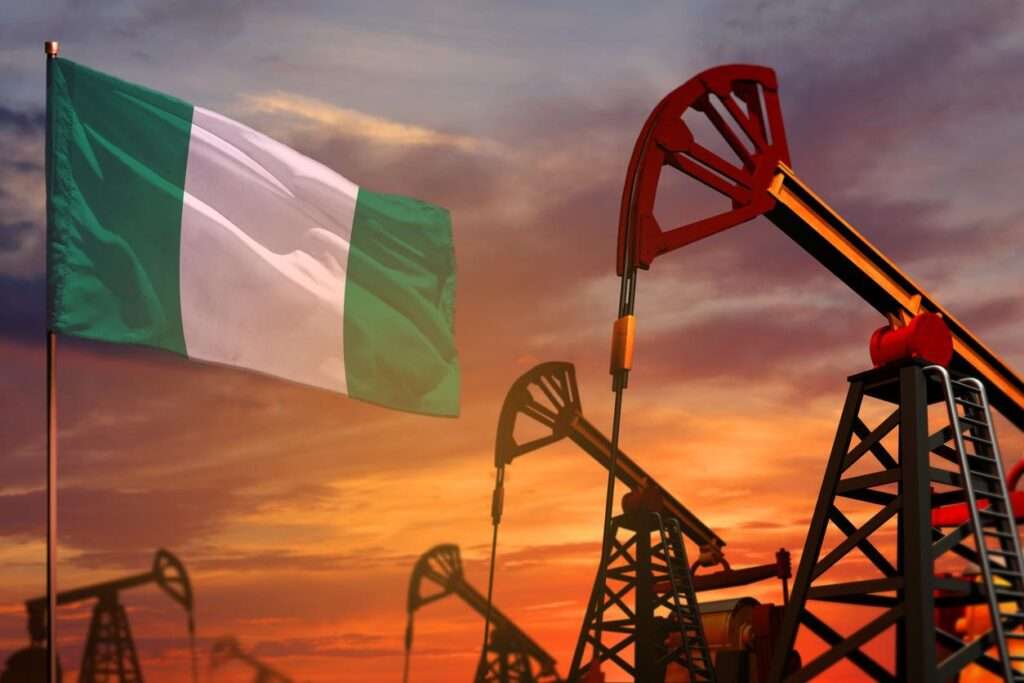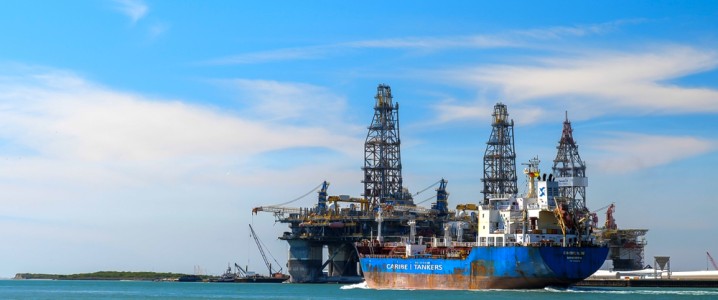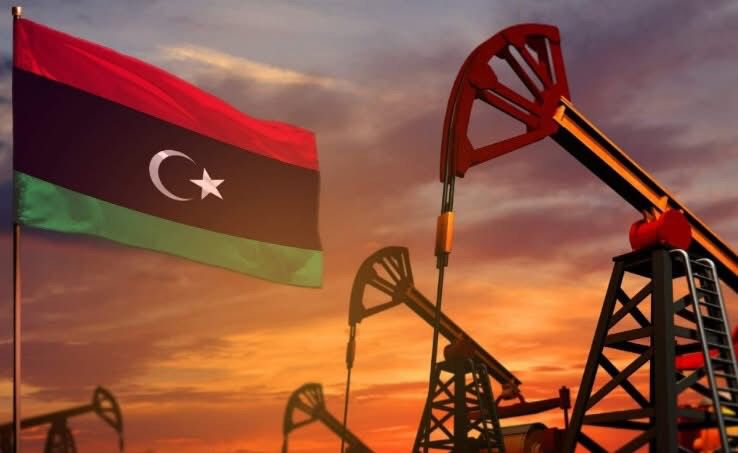At the African Refiners and Distributors Association (ARDA) conference in Cape Town, South Africa, industry leaders issued a stern warning: Africa must seize control of its energy resources to fuel economic development and reduce dependence on imported refined products.
Kanayo Awani, Executive Vice President of Afreximbank, emphasized that Africa exports 80% of its crude oil and 45% of its natural gas, yet still faces widespread energy poverty.
Awani criticized the continent’s reliance on raw material exports, warning that without strong local refining capacity, Africa remains economically vulnerable.
“Africa exports the bulk of its crude oil while importing refined petroleum. This imbalance must end.”
Kanayo Awani, Executive Vice President of Afreximbank
To address this issue, Afreximbank has committed over $4 billion to projects in Nigeria, including the Dangote Refinery and Port Harcourt Refinery redevelopment.

The bank is also supporting a $3 billion intra-African trade financing program to bolster the continent’s petroleum product trade.
Awani emphasized that industrialization, local content development, and intra-African trade under the African Continental Free Trade Area (AfCFTA) would be vital for ensuring Africa’s long-term energy security.
Despite Africa producing 1.9 billion barrels of crude oil in 2024, nearly 1.4 billion barrels were exported to Europe and other continents, leaving local refineries underutilized.
Industry players lamented the deteriorating state of Africa’s refining and distribution infrastructure, citing Dangote’s 650,000bpd refinery, Port Harcourt’s 60,000bpd refinery, and Warri’s 75,000bpd refinery, which continue to operate below full capacity.
This inefficiency, coupled with poor investment in the sector, resulted in $45 billion in losses and $86 billion in foregone government revenues across the continent.
Calls for Immediate Investment

Anibor Kragha, Executive Secretary of ARDA, highlighted the urgent need for Africa to refine more of its crude locally, expand energy infrastructure, and develop regional pipelines to reduce dependence on imports.
Kragha warned, “If imports stopped for just 30 days, much of Sub-Saharan Africa would grind to a halt,” underscoring Africa’s insufficient refining and storage capacity.
Kragha also noted that despite producing over five million barrels of oil per day, Africa only allocated $15 million to $20 million for downstream investments last year—an amount he described as woefully inadequate.
Chairman of African Energy Chamber (AEC), NJ Ayuk, decried Africa’s failing energy infrastructure.
“Refineries are not functioning, storage barely exists, and pipelines are rusting or being blown up.
“We face a $15.7 billion shortfall in energy infrastructure funding.”
NJ Ayuk, Executive Chairman of the African Energy Chamber (AEC)
Ayuk condemned trade barriers preventing intra-African commerce, noting: “You can send crude across borders, but an African with a passport cannot move freely.”
He also dismissed carbon credit schemes as a scam, championing natural gas as Africa’s most viable energy solution.

“The sun won’t shine forever, but LNG and LPG can solve our clean cooking crisis and provide reliable power.”
NJ Ayuk, Executive Chairman of the African Energy Chamber (AEC)
APPO President Omar Farouk criticized the decades-long external control over African energy policy, stating:
“For too long, Africa’s resources have served others’ needs. Now, we must take control of our financing, technology, and markets.”
APPO President Omar Farouk
As the conference wrapped up, stakeholders demanded immediate action to reverse Africa’s reliance on fuel imports, strengthen refining capacity, and secure the continent’s energy future.
Africa stands at a crossroads in its energy journey. By investing in local refining capacities, addressing infrastructure deficits, and fostering intra-African trade, the continent can transform its energy landscape.
The collaborative efforts of financial institutions like Afreximbank, industry bodies such as the AEC and APPO, and regional organizations like ARDA are pivotal in steering Africa towards a future of energy self-sufficiency and economic prosperity.
READ ALSO: Ghana’s Public Debt Declines to GH¢726.7bn Amid Economic Expansion



















